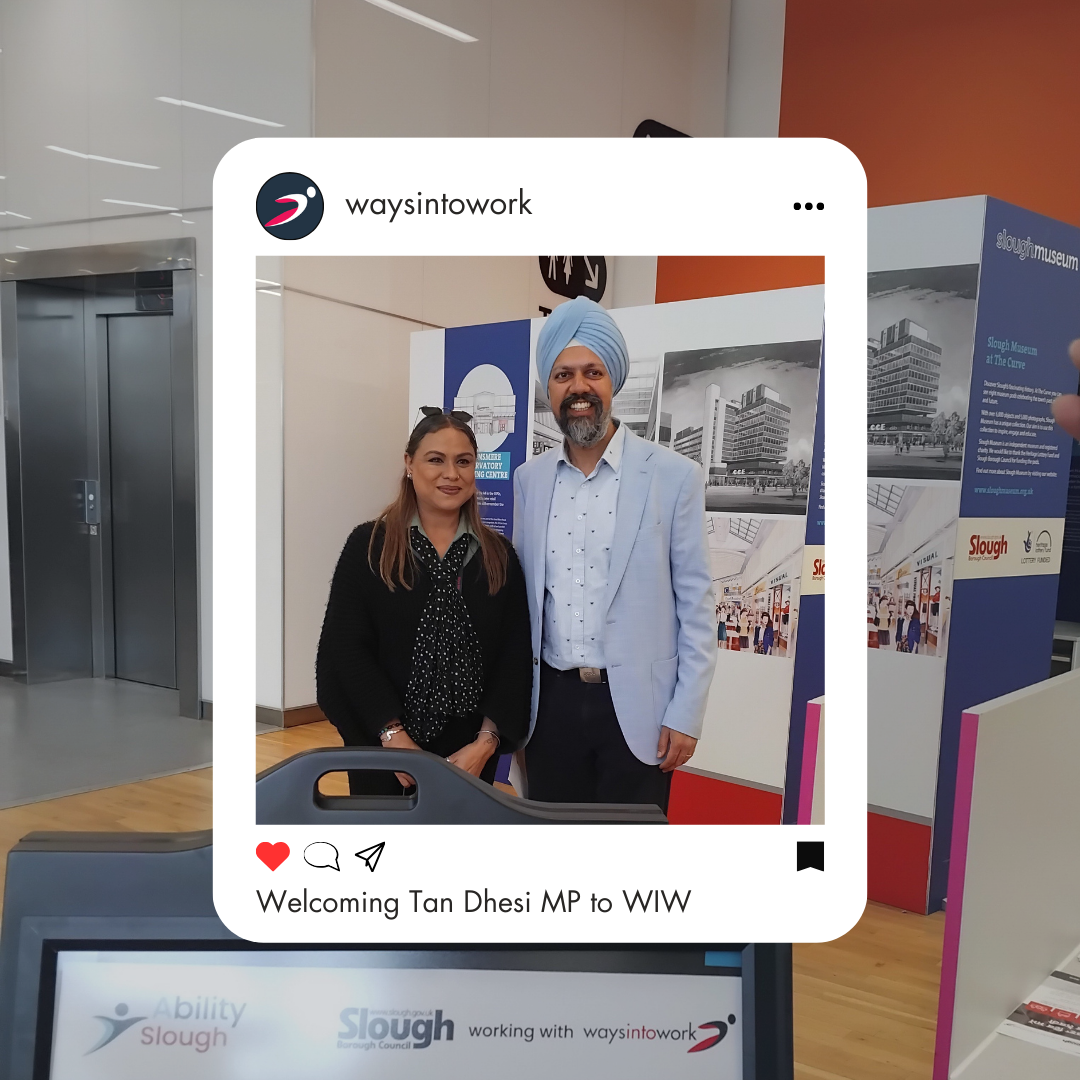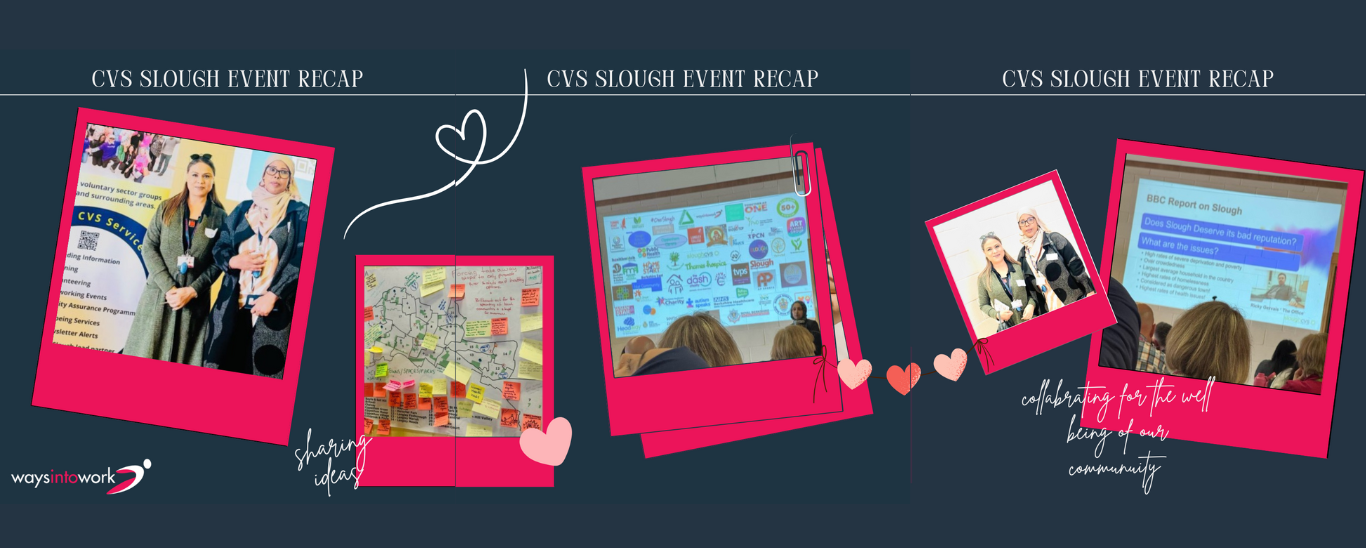What is a Learning Disability?
June 16, 2021
Learning Disability Awareness week is upon us!
This year focuses on arts and creativity. Whilst we can’t claim to be artists, we can’t miss a chance to shout about our take on creativity in our work supporting people with a learning disability into employment.
First off, what is a learning disability?
We love Mencap’s easy to understand definition of learning disability. You can hear from people with a learning disability, talking about what it means for them in this video. We also thought we’d take the opportunity to clear up some things we are often asked about.
What is the difference between a learning disability
and learning difficulty?
People can get confused about the difference between a learning disability
and a learning difficulty, which is understandable as they are sometimes used interchangeably. The important difference is that a learning disability
is a condition which affects all aspects of learning, where a learning difficulty
effects a specific area. For example, somebody with dyslexia has a learning difficulty as it relates to reading and writing, but not other areas of their life.
With the right support, anything is achievable.
It’s not true that people with a learning disability can’t learn new things. The key is simply having the right support, and that’s where organisations like us come in. Every day we are proving that people with a learning disability can not only learn new things, but become highly valued colleagues and members of their community.
Talk to me! We are not so different, you and I.
People say they don’t know how to talk to someone with a learning disability. Of course you do! They are first and foremost a person, and you talk to people all the time! Sometimes you might need to adapt your communication, again you do that all the time too, but if you need some reassurance we can help with our disability awareness training.
The cold hard facts about employment
There are around 1.5 million people with a learning disability in the UK. Around 65% of these people want to work. Sadly, depending on which statistic you believe, somewhere between only 6% and 26% actually have paid employment. Whilst people with learning disabilities may take a little longer to learn a job, they are dedicated, motivated and loyal. They will often carry out their tasks to a higher standard, flourishing on tasks that other people don’t enjoy very much. There is therefore, every reason to consider removing the barriers (typically the recruitment process itself) and employing this untapped workforce.
What support is there for those looking for a job?
For people with a learning disability (we also work with people with other disabilities or who need support for another reason), we provide support to help you get a job and keep it too. We also help with getting ready for work, work experience, supported internships, and apprenticeships.
If you or someone you know wants to get into work and needs some help, you can find out more about our services here.
What support is available for employers to access these capable and motivated job seekers?
Ways into Work can provide support to employers to access this relatively untapped talent pool, develop and implement processes to provide equal opportunities, as well as provide advice and training around the benefits of a diverse workforce and what adjustments can be made. Read more about the support that’s available here.
As an employer, you can help make a difference by increasing your awareness of learning disabilities and other barriers to employment – check out our Disability Awareness blog.
Photo by Pawel Czerwinski
on Unsplash
More Posts

It was great to get a chance to talk to Tan Dhesi MP – Member of Parliament for Slough, on his recent visit to The Curve. He was very interested in the work we do and the positive impact it has supporting people with barriers to employment, into paid work. Our Charity successfully works with those most affected not only helping to ‘Get Britain Working’ but also meeting our mission of ‘Changing Lives One Job at a Time’. We look forward to continuing the dialogue with him to further benefit residents of Slough.

Watch Ashonte shine at the Marks and Spencer’s Simply Food store situated in Royal Berks Hospital! 🌟 Our supported intern is confidently taking on new tasks every day, from restocking to serving customers on the tills. Ashonte's hard work and positive attitude are inspiring! ✨ A huge thank you to M&S, Royal Berks, who have supported many young people year after year. This year they are providing Ashonte with this amazing opportunity and once again helping us to break down the barriers for young people with a disability in gaining employment. A huge thank you to Marks and Spencer's for their commitment to empowering young people with barriers to employment by helping them develop the skills they need. Want to see Ashonte in action? Click here to watch the inspiring video!




